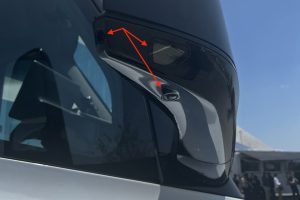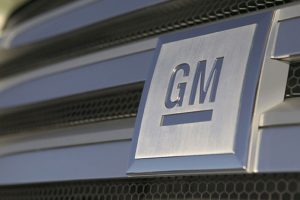- 📉 Tesla China has reduced its payment cycle with suppliers to 90 days to strengthen relationships.
- 🇨🇳 95% of components at Tesla Giga Shanghai come from local Chinese suppliers.
- 💬 The dialogue revealing BYD’s request for a 10% price cut raised discussions, with BYD’s General Manager saying it’s an annual routine.
- 🏭 Similar to BYD, SAIC Maxus also requested a 10% price reduction from suppliers.
- 📰 The revealed communications have sparked talks in China about price negotiations and competitive strategies.
In a dynamic market landscape, where maintaining healthy supplier relationships is crucial, Tesla China has taken a significant step. By shortening its payment cycle to 90 days, Tesla China aims to cement stronger ties with its local suppliers, a move that not only reflects its commitment to partnership but also demonstrates strategic foresight in the highly competitive automotive industry.
Tesla China’s Payment Cycle Reduction
Tesla China’s decision to reduce its supplier payment terms to 90 days aligns with its overarching goal of fostering better and mutually beneficial relationships. Previously set at 100 days, this adjustment underscores the company’s desire to remain agile and responsive to its vendors’ financial flows. By streamlining payments, Tesla not only instills trust but also enhances its local network through faster cash flows, benefiting the broader ecosystem.
Components Sourced Locally
A remarkable aspect of Tesla China’s operations is that 95% of the components at Tesla Giga Shanghai are locally sourced. This localization supports regional suppliers and contributes substantially to the local economy. It further signifies Tesla’s commitment to integrating into the Chinese market, benefiting from proximity, reduced lead times, and local expertise.
The BYD and SAIC Maxus Case: Price Negotiation Dynamics
Concurrently, BYD and SAIC Maxus have been involved in price negotiation dialogues, which have sparked considerable discourse in China. Both companies have reached out to their suppliers, seeking a 10% reduction in prices. Such maneuvers are often viewed as cost-cutting strategies to combat market pressures. However, they also reflect a regular business practice intended to navigate competitive marketplaces.
Annual Price Negotiations
The communication from BYD and confirmation by SAIC Maxus highlight that these are annual practices. BYD’s General Manager, Li Yunfei, rationalized the request as part of routine adjustments to maintain competitiveness. This practice, although standard in many industries, insists on the delicate balance between maintaining supplier relationships and meeting economic targets.
Strategic Implications for Tesla and the Automotive Industry
Tesla’s approach differs significantly from that of BYD and SAIC Maxus, with Tesla choosing to foster better financial terms rather than negotiating price cuts. This strategy positions Tesla strategically within the supplier network, ensuring stability and support.
- Improved Supplier Morale: By ensuring quicker payments, Tesla suppliers are likely to perceive the relationship as more stable and reliable, contributing to improved morale and possible further collaboration.
- Enhanced Market Position: A stable supply chain can make Tesla more adaptable to market changes, supporting continuous innovation without the bottleneck of supplier dissatisfaction.
- Competitive Advantage: In contrast to the pressure applied by their counterparts, Tesla’s nurturing approach could offer them an edge when suppliers choose partnerships based on relationship quality.
Conclusion
Tesla China’s recent move to shorten payment cycles is a compelling contrast to other automakers in China, who have opted for price reductions. This strategic decision not only underscores Tesla’s commitment to their suppliers but also enhances its reputation as a collaborative and supportive player within the regional industry.
As the automotive landscape in China evolves, the ability of companies like Tesla to work efficiently and collaboratively with local suppliers will be crucial for sustained success and innovation.





